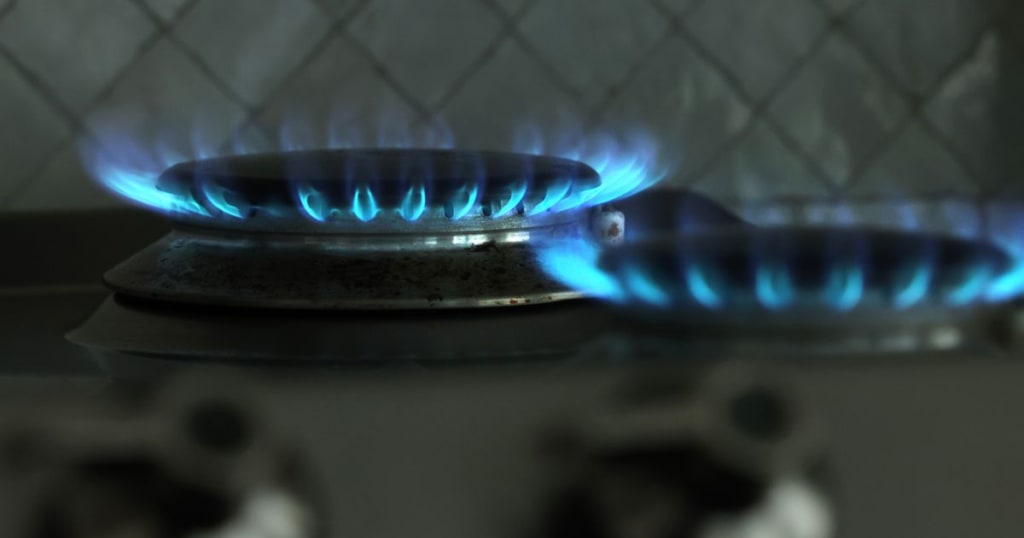
Ofgem, the UK’s energy regulator has confirmed that from the start of October this year, the minimum amount people pay for the energy they consume will rise sharply by 80%. The energy price cap will soar to over £3549 which will hit people hard at a time when everyone will be struggling to afford the basics which they need in their every day lives.
The price cap was first put in place in January 2019 by Ofgem as a way of preventing the millions of households who may be on expensive variable tariffs being ripped off. It sets a limit on the amount people pay for each unit of gas or electricity they use. It also sets a maximum daily standard charge that people have to pay to have their home connected to the grid. The rate at which people are charged is set mainly on wholesale energy prices, those that large firms pay and applies only to providers standard and default tariffs.
The cost of oil and gas has soared in recent times, mainly due to Russia’s was with Ukraine and the charges it is imposing on other countries to acquire and use the oil or gas if they choose to help Ukraine defend its self in any way. Most people are on these standard or variable tariffs and can traditionally be £100’s a year more than the providers cheapest rates. You’ll be on one usually if you’ve never switched, if you don’t switch again after your fix ends, if your provider goes bust or if you move home.
The increase in the cost of energy is likely to hit people hard at this present time, especially after the Covid 19 pandemic when most people will have been requested to stay at home or work from home where possible. Many people may have lost their jobs due to lack of foot fall in town centres or cities and so may not have brought in as much income or revenue as they used to. This has meant they will not have been able to afford the luxuries that they are used to and will have had to resort to buying cheaper alternatives. This means that they most probably won’t be able to afford the inflated prices in the energy market and will have to give up other things in order so that they can keep themselves warm.
Some people can have a difficult choice about choosing between having the heating on or being able to afford a meal for themselves which can be an impossible choice for anyone. They may have to resort to living in cold homes just to be able to manage. This can be very difficult and there have been some cases where people haven’t been seen for a while only to be found barely surviving in a cold home.
Many people may also be on state benefits such as Universal Credit and so will not be able to afford the costs of energy. Allowances will have to be made in order to help these people survive.
Jonathan Brearley, CEO of Ofgem, said:
“We know the massive impact this price cap increase will have on households across Britain and the difficult decisions consumers will now have to make. I talk to customers regularly and I know that today’s news will be very worrying for many.
“The price of energy has reached record levels driven by an aggressive economic act by the Russian state. They have slowly and deliberately turned off the gas supplies to Europe causing harm to our households, businesses and wider economy. Ofgem has no choice but to reflect these cost increases in the price cap.
“The Government support package is delivering help right now, but it’s clear the new Prime Minister will need to act further to tackle the impact of the price rises that are coming in October and next year. We are working with ministers, consumer groups and industry on a set of options for the incoming Prime Minister that will require urgent action. The response will need to match the scale of the crisis we have before us. With the right support in place and with regulator, government, industry and consumers working together, we can find a way through this.”
Ofgem is continuing to work with the government to produce a new package of measures that will ease the situation for it’s customers. They have also strengthened the rules on direct debits to ensure suppliers set them at the right level meaning customers only pay what they need to.